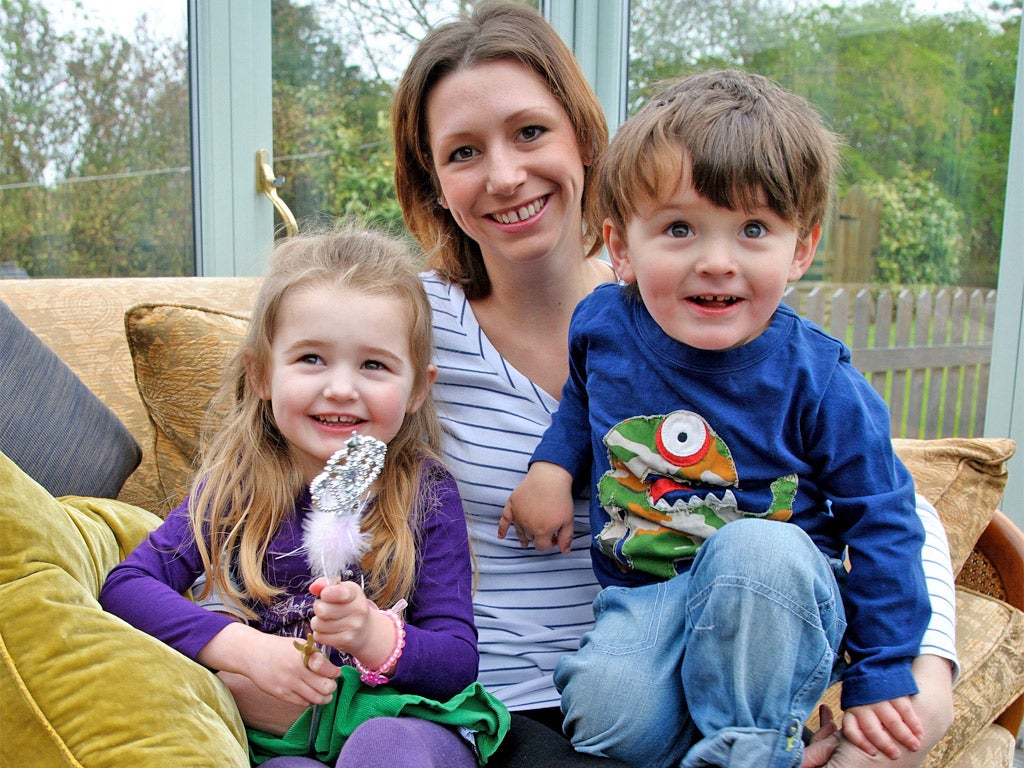Genetic testing breakthrough could pave the way for breast cancer 'silver bullets'

A dramatic breakthrough in breast cancer research will lead to a revolution in the way the disease will be diagnosed and treated in years to come, leading specialists said yesterday.
Researchers have discovered that breast cancer patients can be subdivided into 10 different groups, each with a unique genetic fingerprint that will determine the type of drugs and treatment that could lead to a cure.
Instead of looking at breast cancer as a single disease with a limited number of treatments, the scientists believe that it is now more accurate to view it as a range of illnesses with a wide variety of potential therapies that can be tailored to individual patients.
The discovery was made by analysing the tumours of some 2,000 women with breast cancer in a large Anglo-Canadian research effort, the biggest so far into understanding the genetics of a disease that kills nearly 12,000 people a year in Britain alone.
The study has also identified several new genes that are implicated in triggering or controlling breast cancer, which the scientists believe will become valuable targets for the development of novel anti-cancer drugs.
Harpal Kumar, chief executive of the charity Cancer Research UK, said the landmark study will change the way clinical trials on new drugs and treatments are undertaken."This will have an enormous impact in the way we think about both diagnosing and treating women with breast cancer, and that should enable us to continue the progress we've made in breast cancer over the past 25 years," he said.
The study, published in the journal Nature, involved more than a dozen research centres in Britain, Canada and Norway. "Our results will pave the way for doctors in the future to diagnose the type of breast cancer a woman has, the types of drugs that will work, and those that won't, in a much more precise way than is currently possible," said Professor Carlos Caldas of Cambridge University, a senior member of the Anglo-Canadian research consortium.
"Essentially we've moved from knowing what a breast tumour looks like under a microscope to pinpointing its molecular anatomy – and eventually we'll know which drugs it will respond to."
It would mean that breast cancer patients in the future would first have a genetic test before doctors decide on which treatment options to consider, he added. It would also lead to custom-designed "silver bullets" to treat specific forms of the disease.
Subscribe to Independent Premium to bookmark this article
Want to bookmark your favourite articles and stories to read or reference later? Start your Independent Premium subscription today.

Join our commenting forum
Join thought-provoking conversations, follow other Independent readers and see their replies